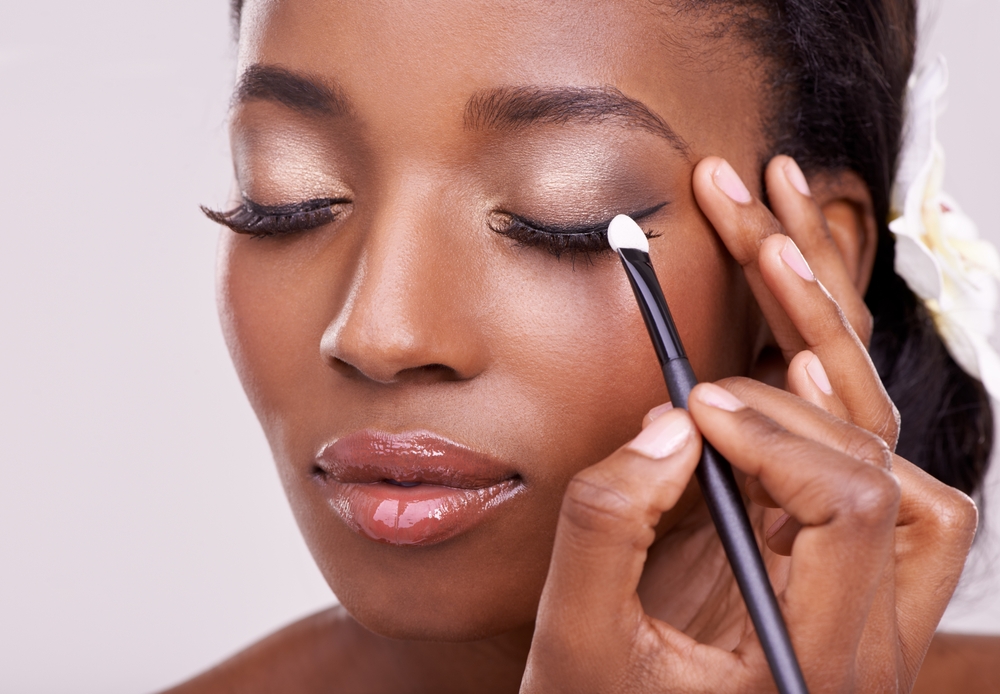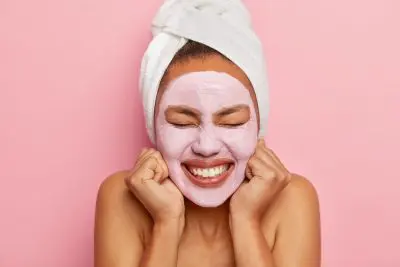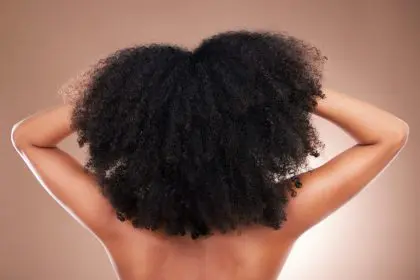You stumble into bed exhausted, telling yourself that sleeping in your makeup just this one time won’t hurt anything. After all, you’ve had a long day, you’re too tired to wash your face, and you’ll just do a thorough cleanse in the morning. But that single night of makeup sleep can trigger a cascade of skin problems that take weeks to resolve and may cause permanent damage you can’t see.
Your skin doesn’t take nights off from its essential repair and renewal processes, and makeup creates barriers that interfere with these critical functions in ways that compound over the eight hours you’re sleeping. What seems like a harmless shortcut becomes a costly mistake for your skin’s health and appearance.
Pores become clogged beyond normal capacity
During the day, your pores accumulate oil, dead skin cells, and environmental pollutants that mix with your makeup to create a dense mixture that hardens overnight when you don’t cleanse. This overnight buildup is far more concentrated and difficult to remove than normal daily accumulation because it has hours to settle and combine.
Foundation and concealer contain ingredients designed to adhere to your skin for long-lasting wear, which means they’re specifically formulated to resist the natural shedding and oil production that would normally clear your pores. When left on overnight, these products essentially cement debris into your pores.
Even one night of this concentrated buildup can stretch your pores and create microcomedones that take weeks to resolve through normal skin turnover. The immediate visible result might be blackheads or breakouts, but the underlying pore damage creates long-term texture and enlarged pore issues.
Skin barrier function becomes severely compromised
Your skin repairs and regenerates primarily during sleep, producing new cells and lipids that maintain barrier function and hydration. Makeup creates a physical barrier that prevents this natural renewal process from occurring effectively, leaving your skin dehydrated and vulnerable.
Many makeup products, particularly long-wearing formulas, contain alcohol and other drying ingredients that continue extracting moisture from your skin throughout the night. Without the protective oils and hydration your skin produces during sleep, morning skin often appears dull, tight, and irritated.
The compromise to your skin barrier from one night of makeup sleep can take up to two weeks to fully repair, during which time your skin remains more sensitive to environmental damage, skincare products, and subsequent makeup applications. This vulnerability often leads to increased breakouts and irritation.
Eye area suffers disproportionate damage
The delicate skin around your eyes is particularly vulnerable to makeup damage because it’s thinner and has fewer oil glands than other facial areas. Mascara, eyeliner, and eyeshadow contain pigments and preservatives that can cause significant irritation when left on overnight.
Mascara becomes particularly problematic as it flakes and hardens overnight, potentially getting into your eyes and causing infections or irritation. The tugging and rubbing that occurs during sleep can also cause mascara to pull on eyelashes, leading to breakage and lash loss.
Eye makeup can also migrate into your tear ducts and cause blockages that lead to styes, infections, or chronic dry eye problems. These complications can persist for weeks and may require medical treatment to resolve completely.
Free radical damage accelerates aging
Makeup mixed with environmental pollutants and oil creates a perfect environment for oxidative damage that accelerates aging throughout the night. The combination of trapped free radicals against your skin for eight hours can cause more damage than typical daytime exposure.
This oxidative stress breaks down collagen and elastin more rapidly than normal aging processes, potentially contributing to premature fine lines and loss of skin elasticity. The damage from one night may not be immediately visible but contributes to cumulative aging effects over time.
Prevention requires planning and realistic backup options
Keep makeup wipes or micellar water by your bed for emergencies when you’re too exhausted for full cleansing routines. While these aren’t ideal replacements for proper cleansing, they remove enough makeup to prevent the worst overnight damage.
Establish streamlined evening routines that take less than three minutes when you’re exhausted. A gentle cleanser and basic moisturizer provide significantly better skin protection than sleeping in makeup, even when you’re too tired for elaborate skincare routines.
Set phone reminders or place cleansing supplies in visible locations to prompt makeup removal before you become too tired to care about skincare. Prevention is always easier than dealing with the aftermath of sleeping in makeup.
Consider the cumulative cost of treating post-makeup sleep skin problems including breakouts, enlarged pores, and accelerated aging when weighing the convenience of skipping your cleansing routine. The time investment in removal is minimal compared to the weeks of recovery required.












